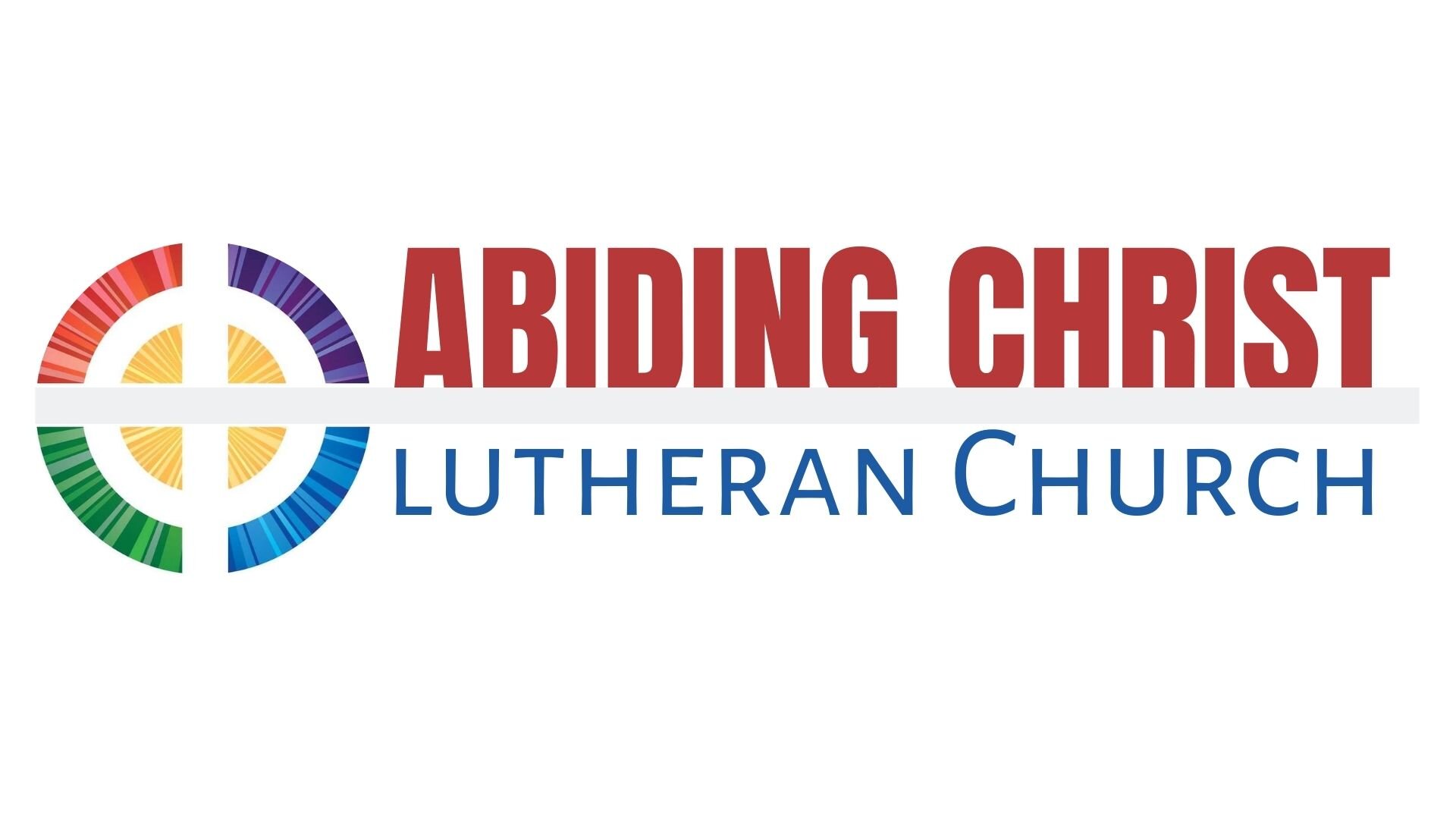Hymn Redeemed
Praise the Lord! Praise, O servants of the Lord; praise the name of the Lord. Blessed be the name of the Lord from this time on and for evermore. From the rising of the sun to its setting the name of the Lord is to be praised. The Lord is high above all nations, and his glory above the heavens.
Psalm 113:1-4
Holy God, We Praise Your Name LBW 545
1 Holy God, we praise your name; Lord of all, we bow before you.
All on earth your scepter claim, all in heav’n above adore you.
Infinite your vast domain, everlasting is your reign.
2 Hark! the glad celestial hymn angel choirs above are raising;
cherubim and seraphim, in unceasing chorus praising,
fill the heav’ns with sweet accord: “Holy, holy, holy Lord!”
3 Lo, the apostolic train join your sacred name to hallow;
prophets swell the glad refrain, and the white-robed martyrs follow;
and from morn to set of sun through the church the song goes on.
4 Holy Father, holy Son, Holy Spirit, three we name you,
though in essence only one; undivided God we claim you
and, adoring, bend the knee while we own the mystery.
Text: source unknown; tr. Clarence A. Walworth, 1820-1900, alt.
This hymn goes back to the 4th century. Any hymn that goes back that far has legends connected to it. A paraphrase of Te Deum Laudemus, (To You, O Gad, we give praise!) a hymn in Latin attributed to Ambrose, Bishop of Milan, who wrote it for the baptism of his protégé St. Augustine in 387. Christians have been singing a version of this hymn for over 1500 years. This version was translated into English by a Roman Catholic priest named Clarence Walsworth who discovered it in an Austrian hymnal from a century before. It had 11 verses, but he reduced that to the four we now sing.
The hymn was popularized, however, by the Nazis, who made it a part of the military hymnbook of the Evangelical Lutheran Church of Germany and gave one to every German soldier who fought in WWII. They added a 12th verse that was both anti-Semitic and praised ‘Der Fuhrer’. You can imagine this was not a popular hymn in America, yet it found its way into the Service Book and Hymnal, the red book published in 1954, and every Lutheran hymnal since. Today it is a favorite Lutheran hymn! Redemption is not just about people, but also hymns!
Prayer: Holy God, we praise your name. May our voices join with the angels, seraphim and people of every time and place as part of the great heavenly chorus of Saints and Martyrs, who proclaim your mystery, your lordship, and your love in every age. Amen.

